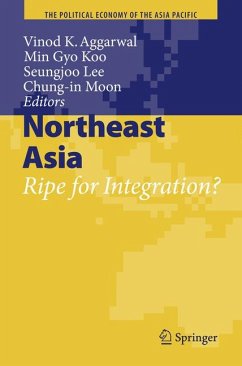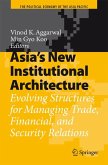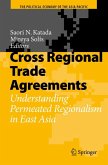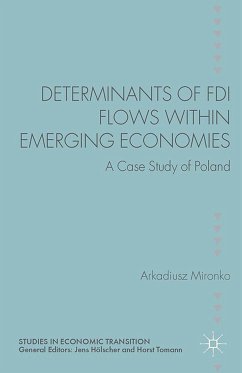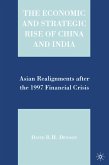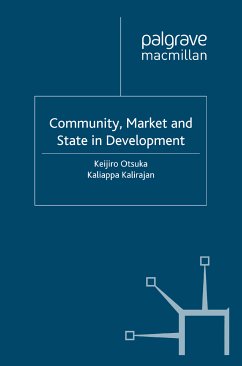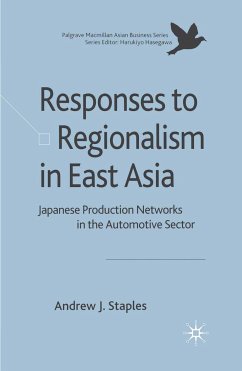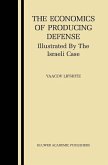Northeast Asia is a region of great strategic significance in the international system. This book brings together an impressive array of scholars to analyze the prospects for deeper regional integration in Northeast Asia. Insightful and theoretically framed, this is crucial reading for anyone interested in understanding the dynamics of economic, political, and security relations in one of the world's most important and fascinating regions. Christopher M. Dent, University of Leeds
The editors have assembled a distinguished group of country and regional specialists in this innovative project on the shifting institutional dynamics of Northeast Asia. The systematic application of a framework that facilitates comparison of international strategic and economic interests, domestic power dynamics, and elite beliefs across the major players in the region is one of the book's major contributions. The chapters, combining empirical richness and theoretical sophistication, give particular attention to the interaction between regional and global institutions on the one hand and country characteristics on the other. With many commentators arguing that a new institutional framework is needed to address security issues in Northeast Asia, the publication of Northeast Asia: Ripe for Integration is particularly timely. John Ravenhill, Australian National University
Dieser Download kann aus rechtlichen Gründen nur mit Rechnungsadresse in A, B, BG, CY, CZ, D, DK, EW, E, FIN, F, GR, HR, H, IRL, I, LT, L, LR, M, NL, PL, P, R, S, SLO, SK ausgeliefert werden.

